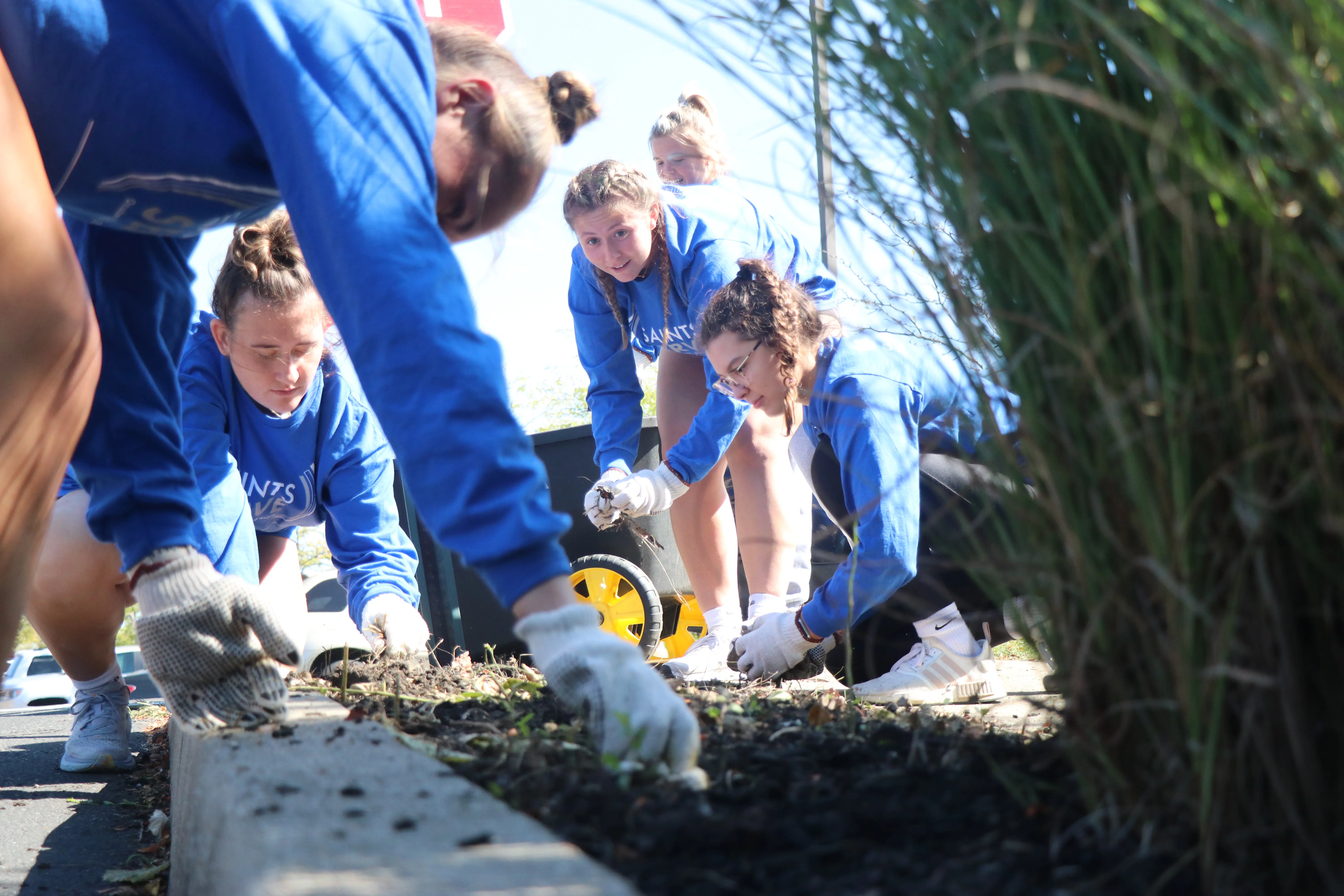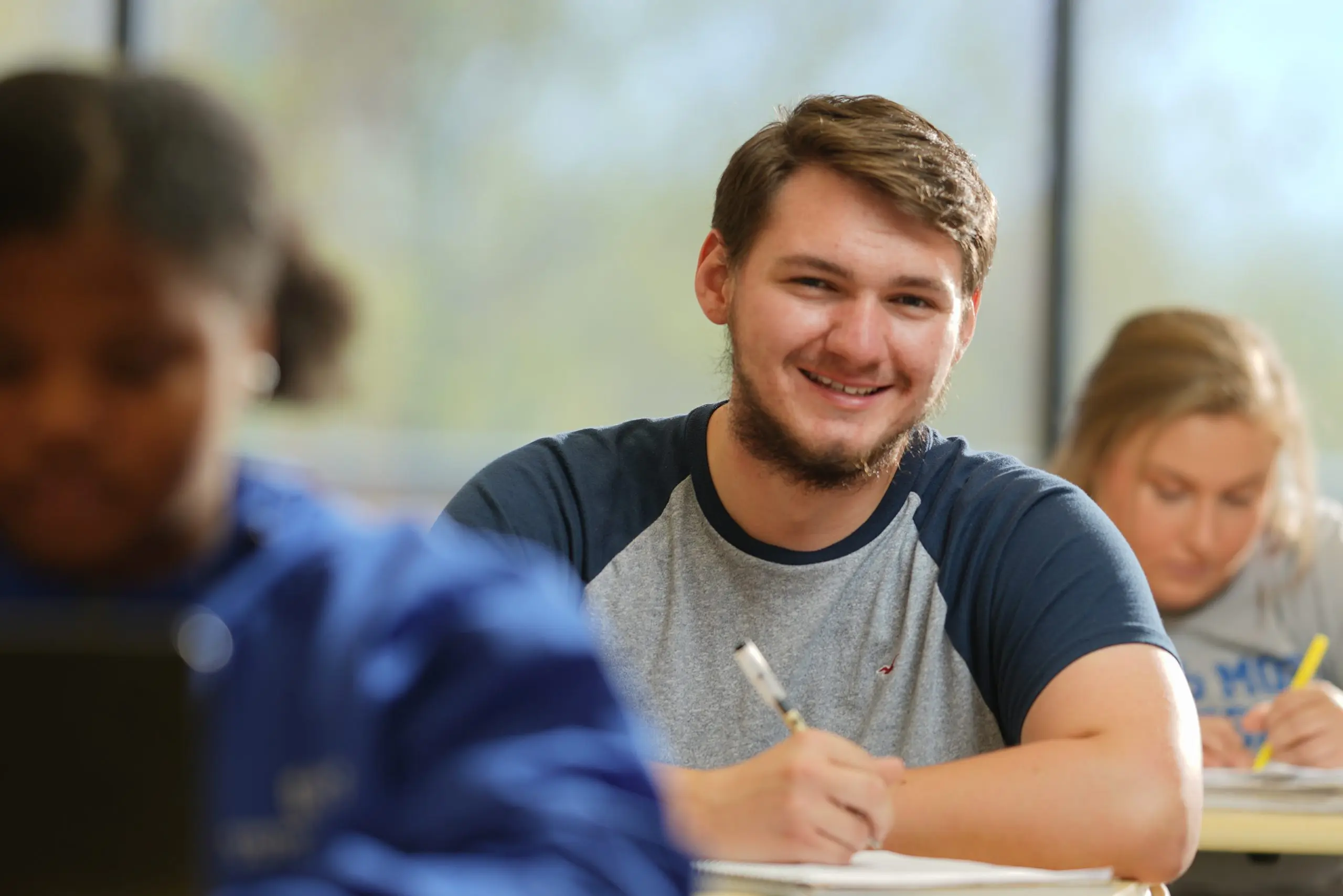
Communication
Major/Minor

Communication is a dynamic and changing field that impacts nearly every profession and aspect of life. Experts with knowledge of how to appropriately and effectively communicate with a variety of publics using a variety of methods (face-to-face, social media, tv/radio, etc.) are in demand and will continue to be in demand in the future as the ways we communicate continue to develop and change.
We now offer a track in Speech-Language Hearing Sciences through an articulation agreement with the University of Cincinnati. After completing the program, students will earn a BA in Communication from Thomas More and a BS in Speech-Language Hearing Sciences from UC.
